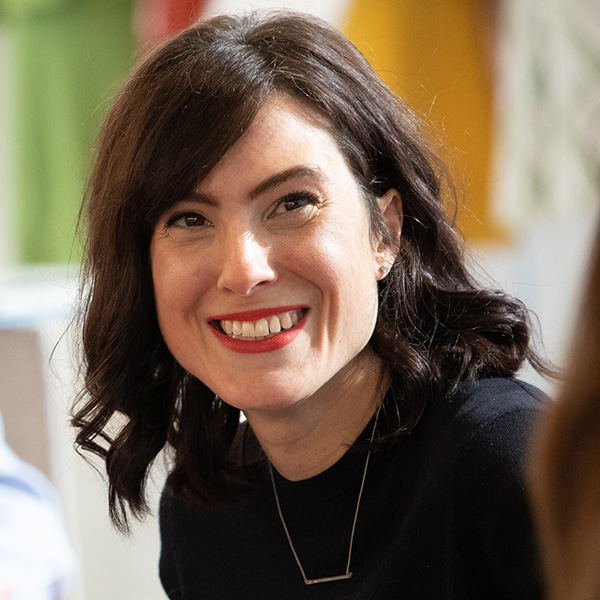
March 24, 2020 05:58 PM
Featured Stories
Inside the rise of Uncrustables—marketing gets a boost as adult love for the kids’ snack grows
Created for kids, the J.M. Smucker Co. is boosting marketing and manufacturing output as it enjoys love from celebrities and sports stars.





